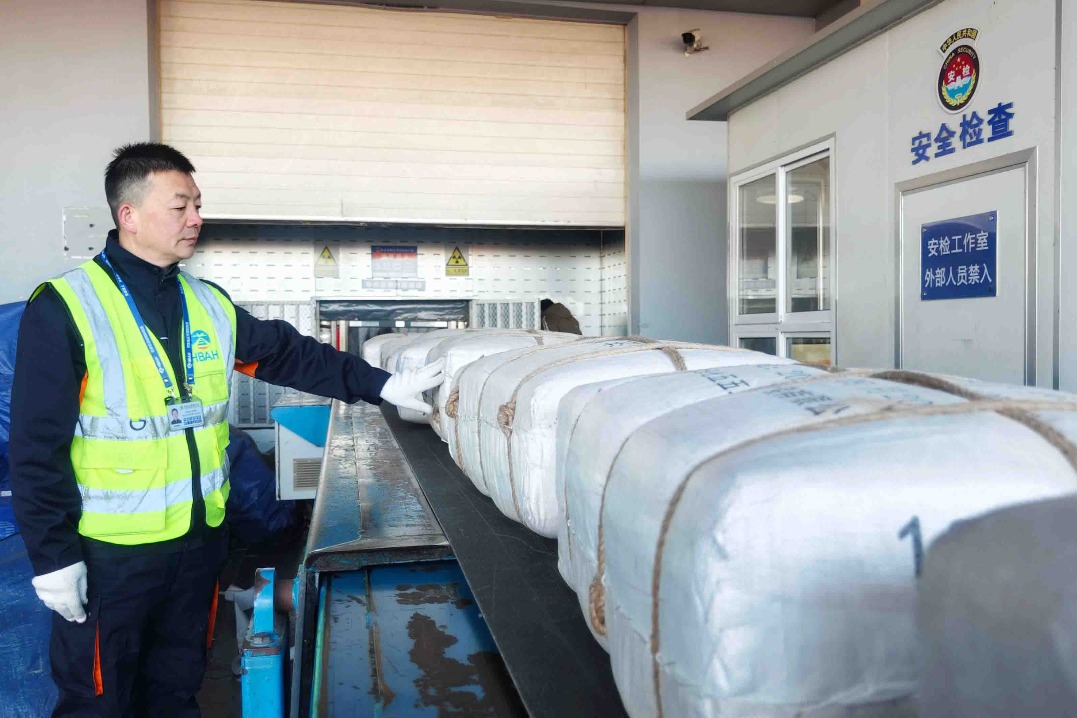Tang applauds restoration of the anti-mask law


Former Hong Kong police commissioner Tang King-shing said he is pleased that the anti-mask law has been restored as valid legislation following a successful appeal by the government.
In his opinion, the anti-mask law — officially the Prohibition on Face Covering Regulation — enables police to more easily identify people taking part in illegal, violent activities, and helps police collect evidence.
On Oct 5, while the violent anti-extradition-bill protests were at their peak, Chief Executive Carrie Lam Cheng Yuet-ngor invoked the Emergency Regulations Ordinance (ERO) to promulgate the anti-mask law, triggering court challenges from the opposition camp.
In November, the Court of First Instance ruled that the ERO was unconstitutional. Accordingly, the anti-mask law, which existed through the ERO, became invalid.
The government appealed the ruling. On April 9, the Court of Appeal quashed the verdict by the Court of First Instance, saying that the ERO is consistent with the Basic Law.
While overturning a large part of the verdict on the anti-mask law, the Court of Appeal ruled that Section 5, which allows police to require people to remove face masks in public areas, is in violation of the Basic Law. The court pointed out that the police already have the statutory power to order a person to reveal his or her identity by removing the facial covering under the Police Force Ordinance and the Public Order Ordinance.
The government and the opposition camp are both expected to lodge an ultimate appeal to the Court of Final Appeal.
"I was very disappointed when the anti-mask law was ruled unconstitutional by the Court of First Instance," Tang said of the court rulings.
"Police have hoped for a law that prohibits protesters from wearing masks at public gatherings because it is rather difficult to handle violent, chaotic scenes. Some psychologists have pointed out that masked offenders will generate a false sense of security — becoming bolder and thinking they can escape more easily from the scene.
"The government should appeal further. Although the Court of Appeal has reinstated a large part of the anti-mask law while police can resort to search and arrest powers in the Public Order Ordinance and Police Force Ordinance, the anti-mask law is incomplete without Section 5, or is not the version the government and police had wanted at the beginning."
Tang acknowledged that police might find it difficult to distinguish ordinary residents wearing face masks to protect themselves against COVID-19 from masked protesters and offenders.
"It might be difficult to distinguish, but we should trust the professional ability of police officers, who will also judge where the masked people are found," he said, adding that residents should stay away from chaotic protest scenes in any case.
- Hebei sends winter supplies to earthquake-hit Xizang
- Shanghai Disney Resort ushers in the Year of the Snake with festive celebrations
- Chinese researchers develop green, effective pesticide formulation
- 1,211 aftershocks detected after Xizang 6.8-magnitude quake
- Great Wall's most dangerous section to launch 1st tourist route
- Xi's special envoy to attend inauguration of Venezuela's president





































